Published
- 03:00 am
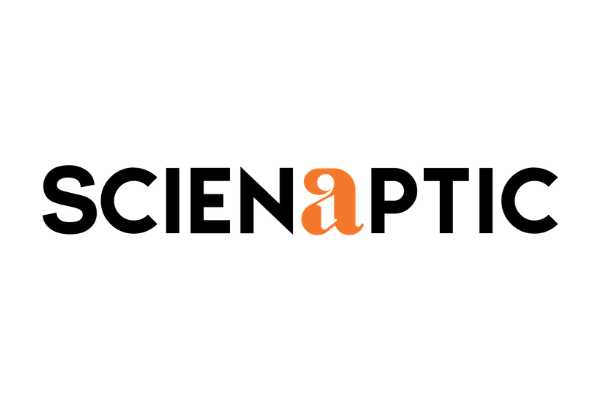
Scienaptic, leading AI-powered credit decisioning disruptor today announced that it has joined the Symitar® Vendor Integration Program (VIP). Participation in the program will provide Scienaptic with access to Symitar’s technical resources to enable its AI-powered credit decisioning platform to integrate with Episys®. The Vendor Integration Program is designed to help ensure that Symitar’s customers can easily deploy third-party products.
Scienaptic platform integrates via SymXchange™, a services-based programming interface that enables third-party vendors and credit unions to access the platform’s core data and business rules. The integrity of data is maintained throughout any data exchange, because access to business rules and data is managed through a service layer which governs these interactions.
Scienaptic is on a mission to increase credit availability by transforming technology used in credit decisioning. Over 150 years of credit experience is embedded in Scienaptic's AI native credit decision platform. Scienaptic clients across credit unions, fintech, banks and other lenders use the platform to constantly improve the quality of underwriting decisions. This enables them to say ‘yes’ to borrowers more often and faster.
“Integration of our AI credit decisioning platform will radically enhance credit underwriting," said Pankaj Jain, President of Scienaptic. "Through our inclusion in the VIP, lenders will be able to support more borrowers, increase approval rates and build deeper relationships with members.”
Symitar’s VIP takes the customer out of the middle, providing vendors with direct access to Symitar’s technical resources and test systems. VIP inclusion is not an endorsement of the vendor’s product.
Related News
- 09:00 am

More than half of millennials are happy to switch to or already have a digital-only bank, reveals a new poll from one of the world’s largest independent financial advisory and fintech organizations.
The results from a deVere Group global poll of 550+ clients born between 1980 and 1996 show that 59% of those surveyed already only ever use digital banking services or are planning to make the switch to do so this year.
The respondents are clients who currently reside in North America, the UK, Asia, Africa, the Middle East, East Asia, Australasia and Latin America.
Of the poll’s findings, Nigel Green, deVere Group CEO and founder, says: “This is more bad news for traditional banks, which seem to have been in a perpetual game of ‘catch-up’ in recent years amid evolving customer expectations, regulatory requirements and tech advances."
“The poll’s findings are a big deal for old-school banks."
“Why? Two reasons: first, millennials because they’re the fastest-growing cohort of clients; and second, because they are becoming the beneficiaries of the Greatest Transfer of Wealth in history.”
According to some estimates, $68 trillion in wealth is to be passed down from the baby boomers – the wealthiest generation ever – to their children and other heirs (millennials) over the next few decades.
Mr Green continues: “Millennials have grown up on technology. They are ‘digital natives."
“They’ve been influenced by the enormous surge in tech as they came into adulthood - which came around the same time of the global financial crash that hit in 2008.
“Against this backdrop, they seemingly became comfortable using fintech [financial technology] to help them access, manage and use their money rather than using a traditional bank.”
Indeed, according to a Facebook white paper entitled “Millennials + money: The unfiltered journey,” 92% of millennials distrust banks and many view them as an unreliable source of information.
“Mobile-first millennials expect easy, immediate access and control of their finances in the palm of their hand. They demand to be able to transfer money and pay bills in one tap or swipe. They want to be able to review their spending habits, be offered guidance, and have real-time access,” says Nigel Green.
“In most cases, ‘too big to fail’ traditional banks are struggling to keep pace with the tech innovations that are now driving shifting customer expectations. Legacy technologies and clunky business models are presenting considerable transformation challenges.”
As well as the on-the-go convenience, control and flexibility that digital-only banks offer, clients are also attracted by their green credentials.
Last year, the deVere CEO noted: “Individuals and companies are increasingly embracing and expecting green, paperless banking."
“This is partly fuelled by the pressing need for us all to drastically reduce waste and better protect the environment - something the pandemic and issues such as raging wildfires has collectively focused minds on - but also because a paperless system is, typically, a more convenient and efficient one.
“Traditional banks have a long way to go to catch-up with tech-driven challenger banks and fintech firms, which are intrinsically much greener and are leading the charge to a paperless future.”
Mr Green concludes: “Mobile-first millennials’ world view, in many regards, has been shaped by tech.
“It’s natural that they turn to fintech instead of a banking system that they perceive as outdated and/or untrustworthy.”
Related News
- 09:00 am

IHS Markit (NYSE: INFO), a world leader in critical information, analytics and solutions, today announced that in response to evolving fixed income market structure themes and associated navigation challenges, the firm is focused on continually enhancing its front-office suite of capabilities to provide richer pre-trade insights and price discovery toolkits for users. In a significant step forward, IHS Markit has established connectivity with Lucera and Neptune Networks ("Neptune") to deliver to mutual clients of the thinkFolio investment management platform, Lucera and Neptune, access to high-quality pre-trade data and liquidity signals.
Lucera's LumeALFA Analytics is a new lighter version of its LumeALFA service, a leading fixed income data aggregation and market surveillance tool that provides its clients with a consolidated view of client -selected pre-trade liquidity data from major electronic venues and dealer inventory feeds, as well as connectivity to client-selected execution venues, including single dealer executions. LumeALFA Analytics is designed to provide a real-time view of the entire bond market, including government bonds, investment-grade and high-yield corporates, emerging markets, municipal debt and structured credit.
Lucera's connectivity to IHS Markit's thinkFolio will enable mutual clients of Lucera and IHS Markit to interact with and utilize pre-trade liquidity data and message parsing provided by IHS Markit to help them streamline trading decisions and facilitate best execution analyses. Portfolio managers and traders using thinkFolio can now leverage LumeALFA Analytics to target, search for and sync specific liquidity profiles that support portfolio construction, relative value analyses and rebalancing while also providing dynamic watch lists that alert users to particular market activity.
As part of its enhanced liquidity data delivery model, thinkFolio clients can now also access Neptune's aggregated, real-time axes and inventory directly in the context of other market data. Neptune employs an innovative approach to standardizing large volumes of unstructured data and aggregating liquidity across a vast community of sell-side dealers reducing the "noise" and enabling better informed trading decisions. Neptune now carries $450bn+ in daily gross notional across 70,000 axes and inventory items from well over +38,500 individual bonds. They cover 28 denominations across credit (IG/HY), emerging markets, rates and newer additions in ABS/MBS and municipals.
"As we evolve the thinkFolio platform and deliver the next-generation version of the application, openness and flexibility are foundational principals to support seamless integration with third-party and IHS Markit content and services," said Brett Schechterman, Global Head of thinkFolio at IHS Markit. "Optimal desktop real-estate utility and direct access to actionable liquidity will remain paramount for our portfolio manager and trader personas. Our exciting collaboration with both Lucera and Neptune delivers high-quality pre-trade data and liquidity signals allowing our clients to drive alpha generation and workflow efficiency."
"For the buyside community, the interoperable toolset of thinkFolio and LumeALFA Analytics can increase the likelihood of a successful trade and has the potential to continuously deliver improvements to price discovery and best execution analysis," said Paul Mutter, Head of Global Fenics Sales at BGC Partners. "We're thrilled to expand our relationship with IHS Markit and to connect to thinkFolio to deliver a streamlined experience for mutual clients. The efficiency and scale achieved from thinkFolio capabilities and LumeALFA Analytics' comprehensive and time-stamped pre-trade information will be conducive to cost savings and greater alpha generation."
"Neptune has seen tremendous support from dealers and buy-side clients who have collaborated closely with us and each other, to create an open, standard and technology-based utility," said Byron Cooper-Fogarty, Interim CEO at Neptune Networks Ltd. "thinkFolio clients will now have the ability to consume an aggregated feed of the highest quality bond axes, which in turn allows them to be more targeted in their enquiries for large size bond execution."
Related News
- 04:00 am
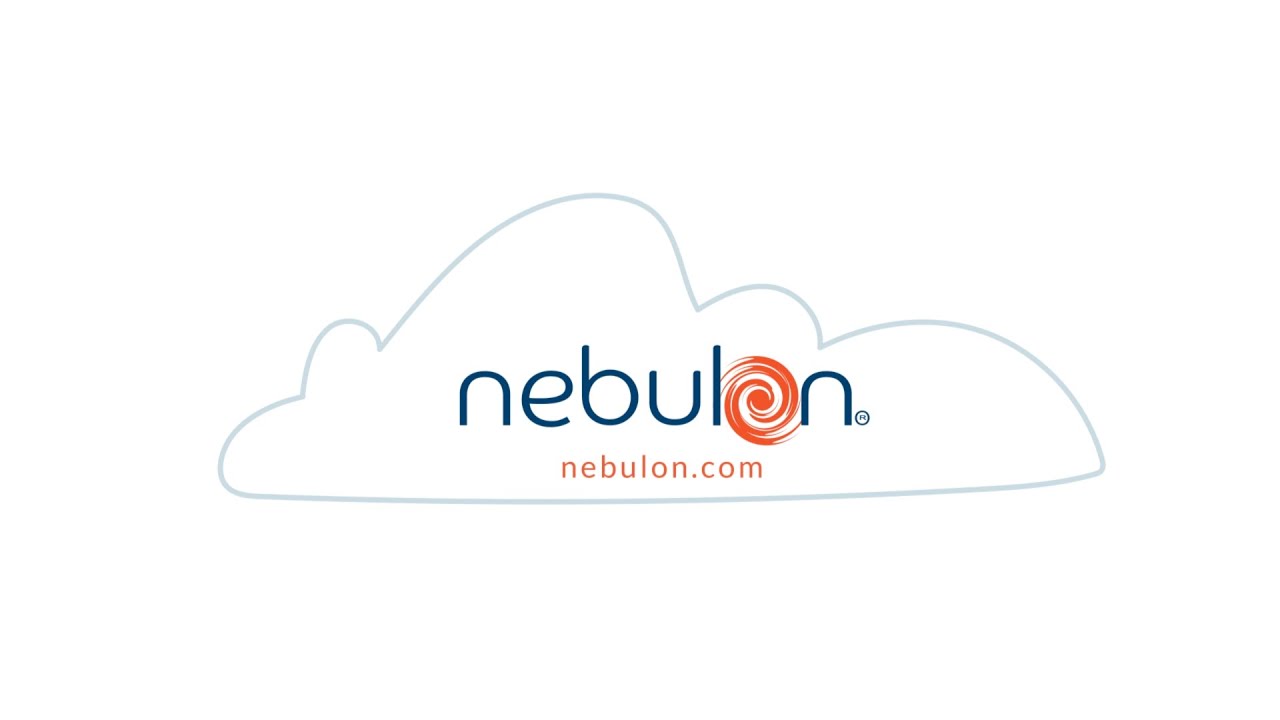
Nebulon Inc.®, the pioneer of smartInfrastructureTM, server-embedded infrastructure software delivered as-a-service, today announced Nebulon smartCoreTM and Nebulon smartEdgeTM solution support for the HPE ProLiant DL385 Gen10 Plus Server using the new 3rd Generation AMD EPYC™ Processor. With this announcement, Nebulon offers customers using HPE ProLiant servers a broad range of server options for their smartInfrastructure deployments.
Many enterprises have a cloud-first strategy, fuelled by the need to improve operational simplicity. Whether it is self-service provisioning ease or comprehensive infrastructure management behind-the-scenes, the public cloud provides an operating model that allows application owners to focus on their application versus the underlying infrastructure. However, organisations do not view all enterprise application data as suitable for public cloud data centres due to concerns around cost, service levels or compliance. IT organisations who seek a cloud-like experience but must keep applications on premises are finding smartInfrastructure is an ideal solution with their HPE ProLiant servers.
HPE ProLiant Gen10 Plus servers using AMD EPYC processors deliver exceptional performance and scale for both core and edge data centres. By equipping HPE ProLiant DL385 Gen10 Plus servers with Nebulon’s cloud-managed IoT endpoint, customers can leverage the SaaS-based Nebulon ON cloud control plane to gain the agility of cloud, bring the cloud operational experience to wherever their on-premises data lives and ultimately realise three major benefits.
· First, smartInfrastructure does not require any server CPU or memory overhead, so the workload density achieved can enable organisations to reduce infrastructure costs by up to 33%.
· Second, the Nebulon solution provides single-click centralised data plane updates for all Nebulon-based HPE ProLiant DL385 Gen10 Plus servers across the enterprise that complete in minutes, reducing time spent on software and firmware updates by 90%.
· Finally, application owners can leverage application templates with standard services provisioned from a single API endpoint in the cloud, accelerating infrastructure provisioning by 2x. And all of these benefits come without adding a new data centre vendor.
“As a SaaS provider for electronic medical records and practice management for medical offices, we first heard of Nebulon in the process of modernising our application infrastructure,” said Hamid Amjadi, CEO at Prime Clinical. “HPE ProLiant servers using AMD EPYC processors give us the performance we need, and Nebulon makes it much easier to manage our application infrastructure—it is cloud-simple and much better integrated than anything else we have seen.
“HPE and AMD have a long history of bringing performance and scalability to data centres around the globe,” said Siamak Nazari, CEO at Nebulon. “We are excited to expand our server integration to include the HPE ProLiant DL385 Gen10 Plus server to help customers not only bring cloud simplicity to their on-premises application infrastructure, but with this combination, help our end users drive greater business results in less time.”
To learn more about Nebulon smartInfrastructure and where to find us at HPE Discover, click here.
Related News
- 05:00 am
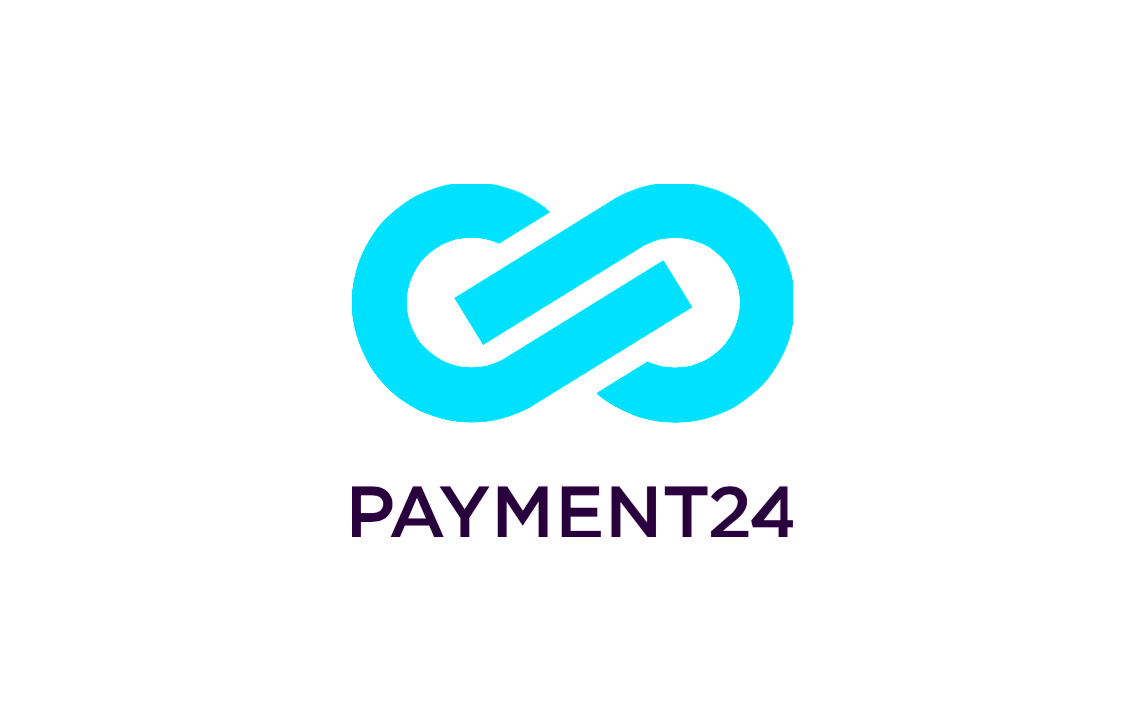
Fuel management and payment solutions specialists Payment24 (www.Payment24.co.za) have launched a new module in their comprehensive solutions suite, bringing contactless, cardless and secure fuel payments to market.
Payment24’s latest innovation, FastLane, is described as ‘biometrics for the vehicle’ which instantly identifies any vehicle enrolled in the system as it drives into the forecourt, and then authorises refuelling and automates payment. The solution is designed to allow petroleum companies and organisations operating their own fuelling homebases to improve service and efficiency, and reduce the risk of fraud.
The FastLane system uses cameras and artificial intelligence to detect a vehicle’s registration number, make, model, colour and type as it drives into the refuelling station. This data is sent to the Payment24 cloud, and if the vehicle is registered in the system, refuelling could be pre-authorised or a push notification can be sent to the FastLane companion app for driver verification and authorisation. The pump will release the fuel allocation and payment will be deducted automatically, with a receipt sent via the app. As a B2C solution, the registered driver will authorise refuelling and payment, but the system also enables fuel allocations and payment to be controlled by fleet owners and industrial fuelling station owners to speed up processes and reduce the risk of theft and fraud.
Payment24 CEOs Shadab Rahil and Nolan Daniel report that FastLane adds yet another layer of security to Payment24’s portfolio of over 20 fuel and fleet management solutions. It offers service station owners, fleet managers and even individual consumers greater efficiency and a better refuelling experience, with the added advantage that drivers and petrol attendants do not have to touch cards or keypads in order to make payments during the Covid-19 pandemic.
Says Daniel: “We are advancing to a stage in which the vehicle becomes the payment mechanism, taking away the time and effort that was traditionally needed to refuel a vehicle. Using advanced algorithms and artificial intelligence, we have made ‘paying by car’ a lot faster and more secure than using something like a fleet card. It’s the gateway to a world of cashless transactions, real-time visibility, and satisfied customers. Payment24 FastLane is a way to distinguish yourself, giving customers peace of mind and building loyalty with them.”
Built for conditions across Africa, the smart FastLane solution is very light on energy requirements and can run offline. Rahil notes: “You don’t need constant connectivity to approve transactions, which is perfect for mines with limited connectivity, and in rural fuel stations across Africa.”
Rahil says FastLane offers a number of benefits: “For fuel stations, the benefits include more sophisticated, faster service and a better customer experience. By fast tracking authorisation and payment, they can move vehicles off the forecourt much faster and accommodate more customers. Our smart technology also supports analysis – fuel station management can use the data for assessing factors like traffic patterns, dwell time, repeat visits and customer behaviour to help improve logistics and operations.”
Curbing fuel fraud across Africa
Payment24’s mobile and cloud based strategy and hardware agnostic approach is allowing the company to address key challenges facing petroleum companies and fleet managers in regions with limited infrastructure and countries with developing economies.
Payment24 operates in seven countries in Africa, with a strong partner network Ghana, Namibia, Botswana, Nigeria, and UAE, as well a footprint in Europe and the U.S. The company’s range of technologies are helping petroleum companies and fleet owners to effectively manage fleets and fuel, and curb rampant fuel theft and fraud, which have become a major challenge as fuel theft becomes more lucrative.
The rising cost of fuel has seen fuel fraud overtake vehicle maintenance as the main reason why fleet managers are using technology to monitor their vehicles and fuel consumption, says Rahil .“From a fleet manager perspective, one of the main challenges - if not the main challenge - is to prevent fraud when it comes to fuel payments,” he says. “If you consider the fact that large vehicles can take up to 1,000 litres of diesel at a time, poorly managed refuelling could cost businesses a significant amount of money, so advanced fraud prevention solutions are crucial,” Rahil says.
Distributed by APO Group on behalf of Payment24.
Related News
- 07:00 am

ING announced today that it is conducting a strategic review of its Retail Banking business in France. The review is focused solely on the Retail Banking business and not on ING’s Wholesale Banking activities in France.
ING has been active in the French retail banking market since 2000 as an online bank and currently serves around 1 million customers, offering current accounts, mortgages, consumer lending and investment products. ING France has around 700 employees, of which two-thirds work in Retail Banking. Globally more than 57,000 ING employees offer Retail and Wholesale Banking services to customers in over 40 countries.
Any potential outcome of the review of ING’s Retail Banking business in France would be carried out in accordance with the social and regulatory legislation in force, taking into account the best interests of our customers, employees and other stakeholders.
Related News
- 09:00 am

Today, Solidatus, the leading data management technology firm, announces two new significant senior appointments, supporting its recent accelerated growth and fuelling further global expansion.
David Northmore joins in the new role of Vice President of Sales, following eight years as Area VP at MarkLogic. David’s extensive experience spans 25 years in the data industry, having held senior management roles at HP Software, Computer Associates and EMC Documentum. His role at Solidatus will focus on developing new processes and scaling the team as the business expands both domestically and overseas, while maintaining its established reputation for fuelling positive client outcomes.
Chris Crang joins in a similarly newly created role as Vice President of Marketing. He will be focusing on developing and driving the Solidatus brand as the go-to provider of data management solutions. Chris previously held roles as the Head of Corporate Marketing at Worldpay UK, where he established their marketing function for enterprise business and saw the company through to IPO. Chris has also served as Director of Customer Marketing and Strategy at American Express and held management and leadership roles for over 15 years in both UK and multinational organisations.
Both roles will work in partnership, and report into Solidatus’ co-founder, Philip Dutton. This expansion of the leadership structure marks a pivotal time in the company’s history as it quickly expands internationally. The new senior hires follow a landmark year for Solidatus, following its successful Series A funding round and a 400% growth in employees. Its continued investment into senior recruitment and rapid business expansion reinforces its leading position delivering innovative data management strategies for businesses around the world.
Philip Dutton, co-founder of Solidatus, said, “These hires mark an inflection point in our evolution, as we continue to rapidly scale and expand into new territories following our most successful year to date. Attracting the talents of David and Chris reinforces our ambition and commitment to meet the on-going complex needs of clients, as the chosen data management tool for regulated and data-rich organizations. David and Chris both have a firm belief in the transformative difference we can make for our clients, and their combined exceptional expertise make them the perfect fit to drive Solidatus into the next phases of our journey.”
David Northmore, VP of Sales at Solidatus comments, “I have a long-term affinity for Solidatus, having worked with several of its clients and partners throughout my career. We have built an enviable reputation for delivering value to our clients time and time again. Our rapid growth is a testament to this and our singular focus on positive customer outcomes will remain at the heart of everything we do.”
Chris Crang, VP of Marketing at Solidatus, said, “Solidatus’ ability to fundamentally reimagine how data can be used attracted me to the role, as fresh approaches like theirs are so vital to businesses facing complex data burdens. The team has done an exceptional job in getting the brand to where it is today, and Solidatus now stands at an exciting point in its development. As we enter this next phase of growth, I look forward to developing the Solidatus story as market needs evolve, underlining our unique ability to solve complex data problems.”
Related News
- 03:00 am
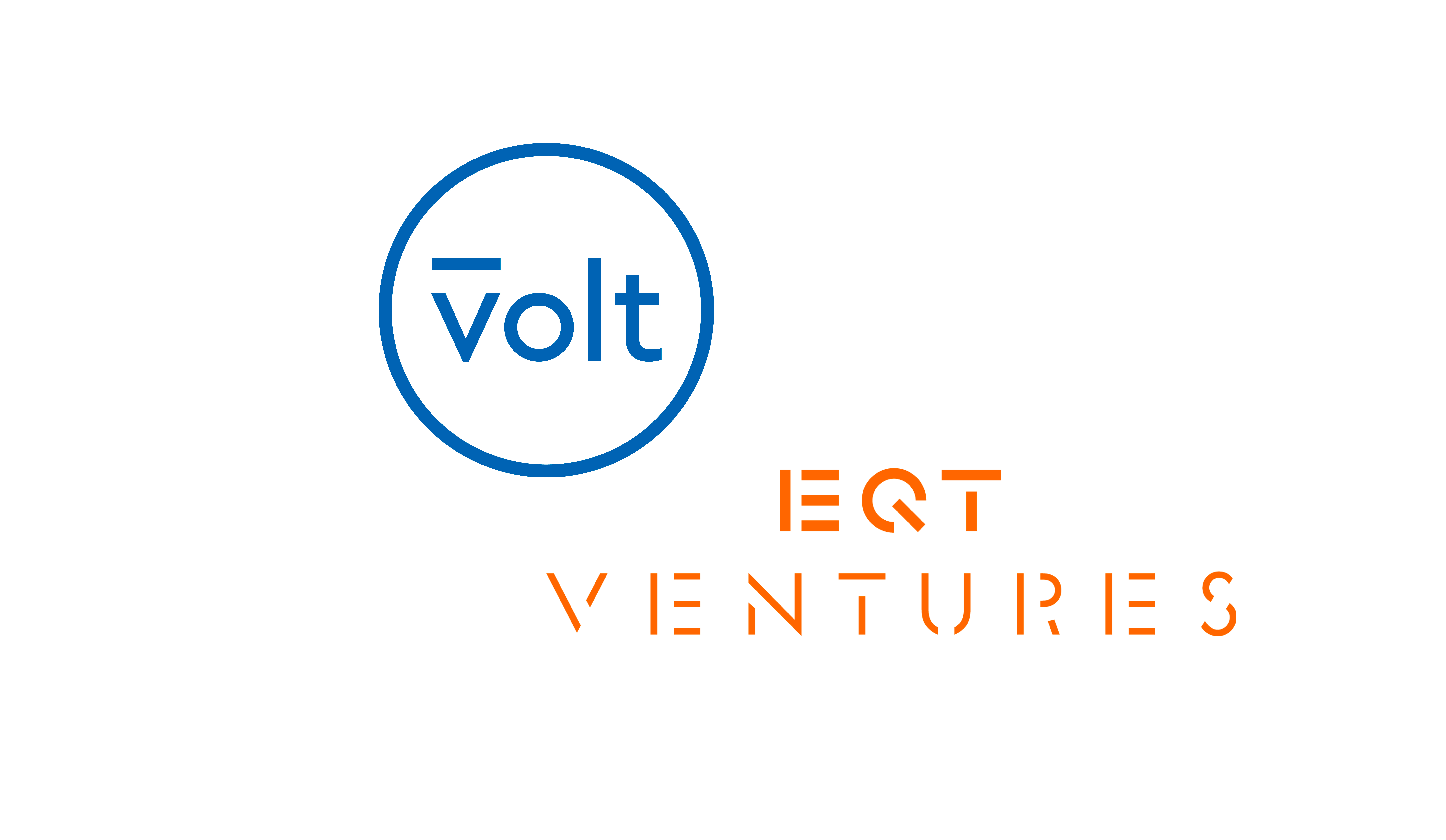
· Volt to build global payments platform by unifying instant schemes around the world to a single point of access
· New funding round is the biggest Series A on record for the open banking industry
· The investment, led by EQT Ventures, will support Volt’s product development and international expansion activities
Volt, the leading open payments gateway, today announces that it has raised a $23.5 million Series A to fund expansion into new territories and build out its global instant payments footprint.
The investment round, the largest Series A on record for the Open Banking industry, was led by EQT Ventures. Existing investors Augmentum Fintech PLC and Fuel Ventures also participated in the round, alongside several angel investors with extensive payments industry experience and influence. These include: Robert Kraal as Chairman (co-founder of Adyen) and Gabriel de Montessus as Non-Executive Director (Group President at FIS Worldpay).
Founded in 2019, Volt has established itself as Europe’s leading open payments gateway. It offers seamless access to Open Banking payments in Europe, connecting over 5,000 banks across the UK and EU, and is forging the path by bringing together new generation account-to-account (A2A) payments infrastructure to a single point of access.
Across the globe, merchants and payment service providers (PSPs) are prioritising instant payments in their expansive ecosystems. There are 58 countries around the world rolling out their new instant payment schemes, with companies across the globe embracing a new more digital way of working.
Volt’s intelligent platform translates and operationalises the real-time payments infrastructure, creating a highly flexible and scalable solution, and delivering a unified experience for Merchants and Payment Service Providers.
Tom Greenwood, CEO of Volt, comments: “Instant payments are set to dominate the global payments landscape and will become the new normal. It’s an exciting time to be in payments, and we are delighted to have secured such a significant funding round, and the backing of an influential group of investors. We look forward to working with our new partners at EQT Ventures as we build out our global vision.”
Tom Mendoza, Partner at EQT Ventures, added: “The pandemic has created an inflection point in the payments sector; faced with unprecedented online demand, merchants and PSPs are re-assessing the technical infrastructure that underpins their business. Volt’s team of payments experts are creating meaningful change and building a new category in instant payments, forging the path by bringing new real-time networks to a single switch. We are delighted to be working with Tom and the team.”
Related News
- 02:00 am
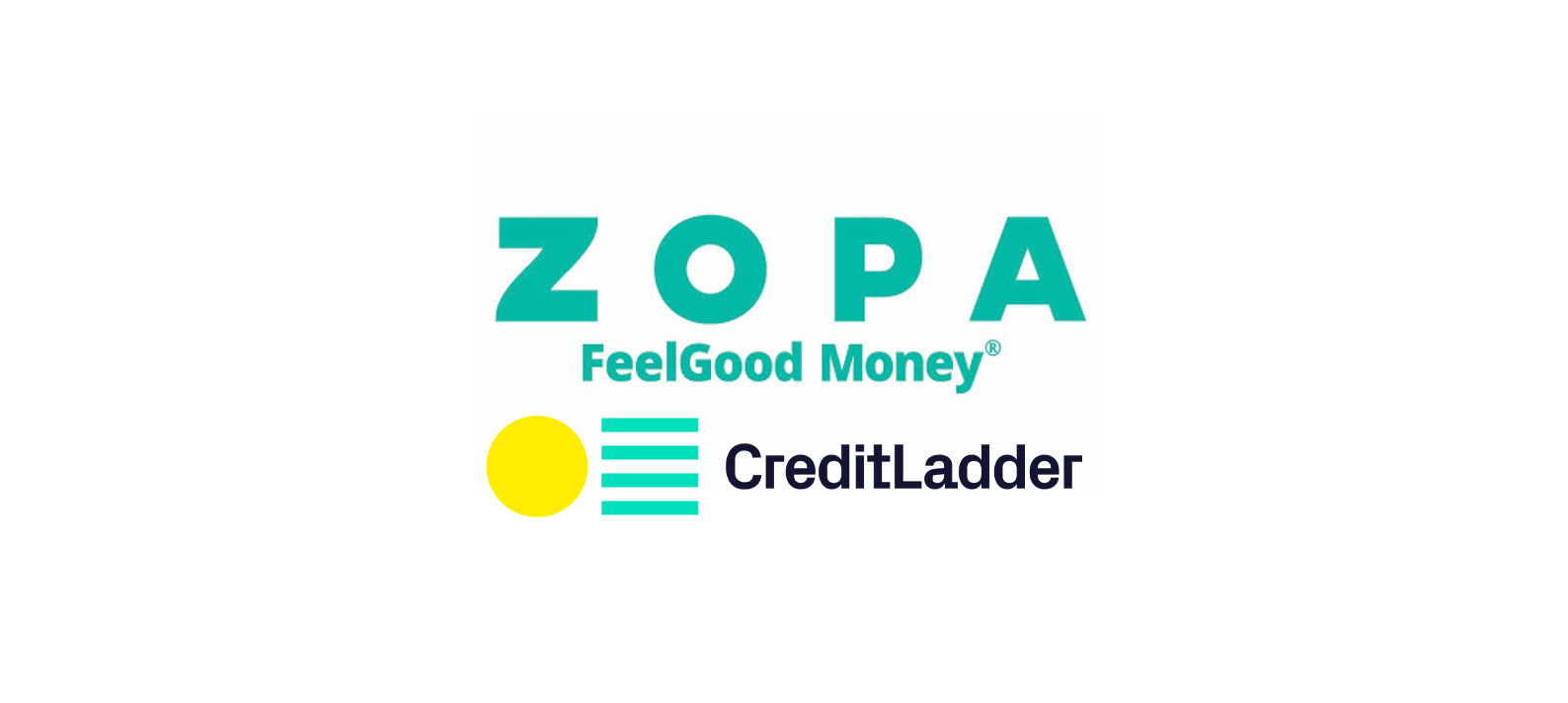
Using Open Banking technology, tenants can now improve their credit score, increase their eligibility for a Zopa loan and potentially reduce the cost of a loan from the neobank through its partnership with CreditLadder.
For those that rent, getting access to finance and loans at competitive rates can be made harder as monthly rental payments are not recorded on their credit file. However, a new partnership between neobank Zopa and financial inclusion service CreditLadder will now allow renters to make every penny count towards their credit score.
Using Open Banking technology, Zopa customers can now use CreditLadder to ensure their rental payments are recorded on their credit file. In turn, these payments are taken into consideration in Zopa’s unique credit score tool and loan eligibility checker, Borrowing Power. Borrowing Power is a free tool in the Zopa app which calculates a customer’s financial health score, recommends targeted actions to help them improve it and links directly to their eligibility for Zopa products. By teaming up with CreditLadder, Zopa app users that rent will have the opportunity to improve their Borrowing Power score and gain better access to cheaper Zopa loans. This is yet another Open Banking initiative from the neobank to help even more people gain access to its fair and transparent credit options.
CreditLadder is the UK’s first and biggest rent reporting platform and has reported close to £500m in rent payments on behalf of tenants. Rent payments are recognised through the Open Banking technology CreditLadder employs, and this in turn is reported to the UK’s leading credit reference agencies each month.
Data from Equifax shows that just under 70% of users with a ‘thin credit file’ - this is where users have two or fewer credit accounts - saw an increase in their credit score when 12 months of rental payments were added.
Clare Gambardella, Chief Customer Officer at Zopa Bank, said: “We at Zopa are proud to be teaming up with CreditLadder to enable our customers to report their rent payments and use them to help build their credit score. We believe that as many people as possible should have access to fair, simple and transparent products. Partnering with CreditLadder and using its Open Banking technology via our app makes it possible for us to offer those that rent a more accurate credit score, tailored tips on how to improve their credit health and access to more affordable Zopa loans in the future.”
Sheraz Dar, CEO and Co-Founder of CreditLadder said; “There are over 10 million households in the UK who rent and our mission is to ensure they can benefit from reporting their rent payments to improve their credit score - just like home owners do when it comes to their mortgage. The partnership with Zopa is a great use of technology that can help its customers access finance at better rates simply by using CreditLadder to report their rent payments each month.”
Anyone can access Zopa’s Borrowing Power feature within its free app. All users that are renters with thin file credentials will be offered the chance to sign up to CreditLadder.
For more information on the partnership, please visit: https://www.creditladder.co.uk/press
Related News
- 03:00 am
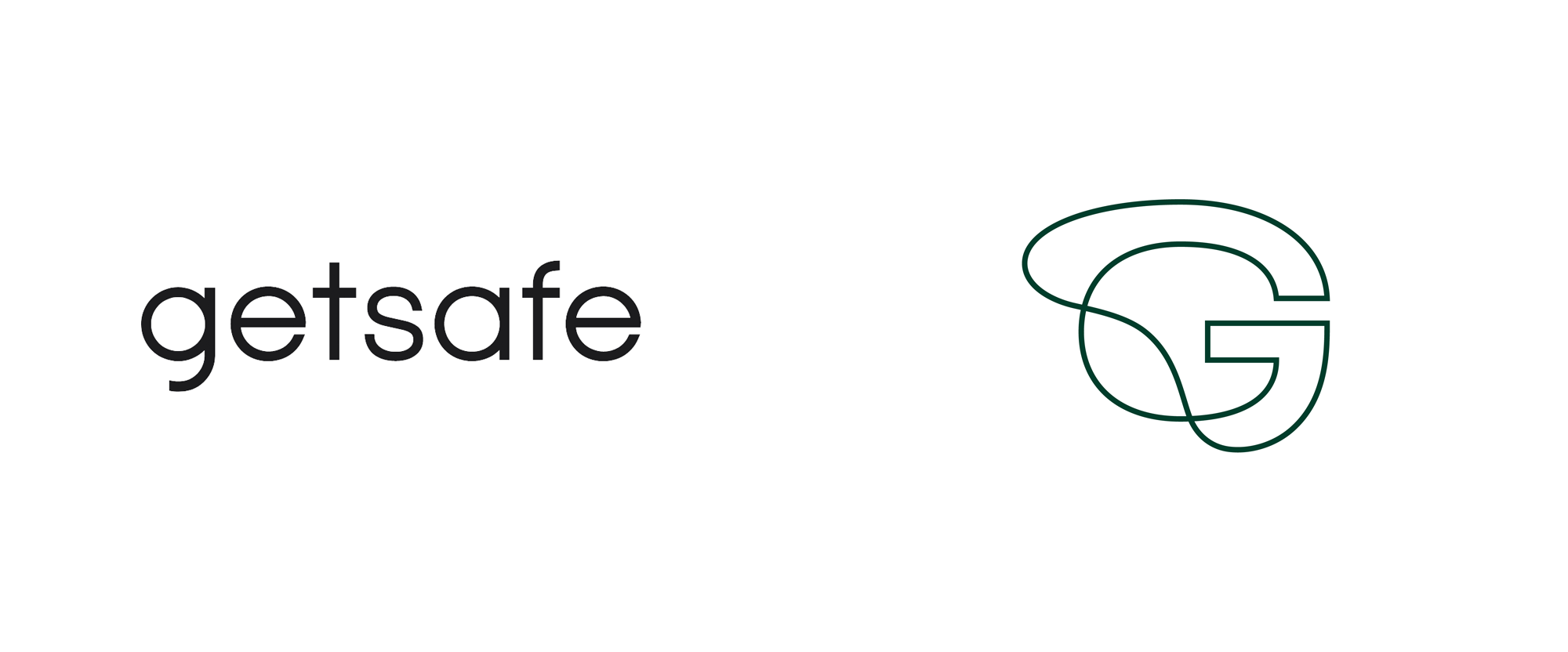
- Getsafe has acquired over 10,000 customers in the UK
- In total, Getsafe has crossed the 200,000 customer threshold
- From 2022 onwards, Getsafe plans to expand to other European markets









